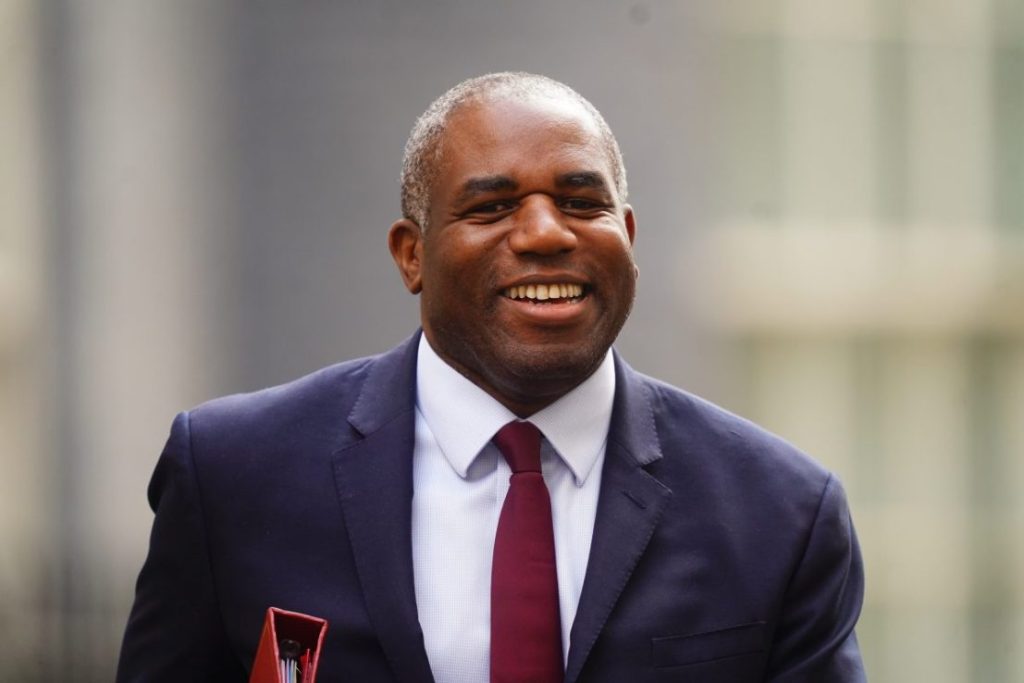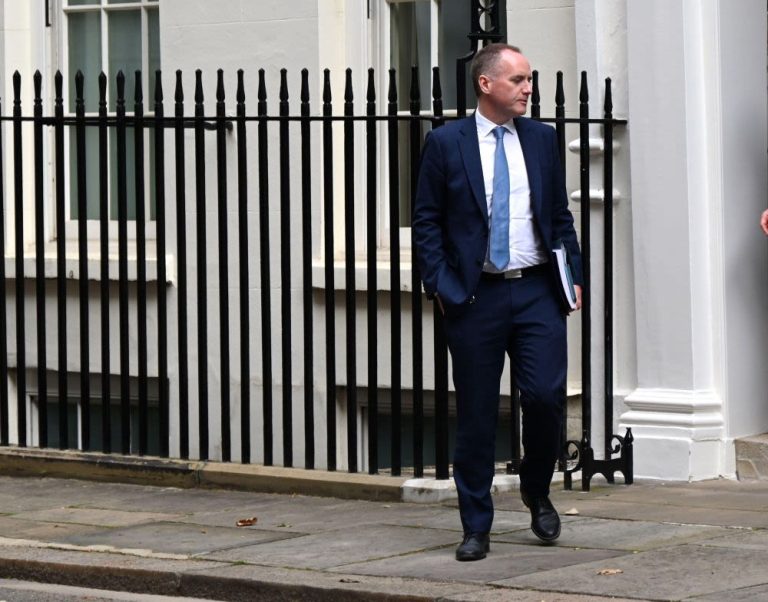
The UK Foreign, Commonwealth and Development Office (FCDO) has issued an unprecedented travel warning, advising British nationals to “reconsider all travel” to Israel and the Occupied Palestinian Territories. As tensions with Iran continue to escalate, the government’s updated guidance reflects growing security concerns and underscores the volatility of the situation in the region.
New Travel Advisory Details
On Sunday, the FCDO website was updated with a stern travel notice: “The situation in Israel and the Occupied Palestinian Territories remains fast-moving and poses significant risks to your safety.” The advisory explicitly states:
- “Reconsider all travel to Israel and the Occupied Palestinian Territories.”
- “Travel insurance could be invalidated if you travel against this advice.”
- “Remain vigilant and follow the advice of local authorities.”
Given the rapid exchange of fire between Israel and Iran overnight, this warning marks one of the most serious travel restrictions the FCDO has issued in recent years.
Safety of British Nationals: Top Priority
Foreign Secretary David Lammy emphasized that the safety of British citizens “remains our top priority.” Speaking on Sunday, he reiterated:
- “We will do everything necessary to protect UK nationals in the region.”
- “Our travel advice is based on expert assessments of risk.”
- “We urge all Britons to register with the Locate service and stay in contact with the FCDO.”
Lammy’s comments follow reports of missile exchanges and shelling that have endangered civilians across northern Israel and prompted warnings of potential spillover into neighbouring states.
RAF Jets Deployed as Precaution
Amid rising hostilities, the UK has deployed additional RAF assets to the region. According to Downing Street:
- Fast-jet Typhoon squadrons have been sent to deter potential threats and protect British personnel.
- Refuelling tankers have also been deployed to extend on-station time for combat air patrols.
- No active combat sorties have been flown; the deployment is explicitly a “precautionary move.”
Chancellor Rachel Reeves clarified on Sky News that “sending jets does not mean we are at war,” but that the presence of these aircraft is crucial to safeguard UK assets and personnel in the Gulf.
Prime Minister’s Diplomatic Outreach
Meanwhile, Prime Minister Sir Keir Starmer has been engaged in high-level diplomatic talks. On Sunday, he phoned His Highness Sheikh Mohamed bin Zayed Al Nahyan of the UAE. The official Downing Street readout noted:
- “They discussed the grave situation in the Middle East.”
- “The Prime Minister reiterated that his priority is diplomacy and dialogue to de-escalate as quickly as possible.”
Starmer has also declined to rule out future support for Israel if requested, underscoring the need for a measured response consistent with international law.
Chancellor Reeves on Potential Future Support
When asked whether the UK might come to Israel’s aid, Reeves said:
- “We have, in the past, supported Israel by helping to intercept incoming strikes.”
- “At this stage, I’m not ruling anything out; it’s a fast-moving, volatile situation.”
She stressed that current operations are defensive, aimed at protecting regional bases and reinforcing allied deterrence rather than engaging in active combat.
Economic Impact and Oil Price Volatility
Israel’s initial strikes against Iran’s nuclear sites sent crude oil prices rocketing last Friday. The Chancellor acknowledged on the BBC that the Treasury is “monitoring this very closely” to prevent sudden price spikes in the UK. Analysts warn:
- “Prolonged conflict could push Brent crude above $100 a barrel.”
- “Higher fuel costs may feed into inflation and household budgets.”
The government is urging energy companies to maintain strategic reserves and is exploring interventions to cushion consumer bills if necessary.
Heightened Threat of Iranian Retaliation
State media in Tehran has threatened to target US, UK, and French bases in the region should these nations assist Israel in thwarting Iran’s strikes. This warning adds urgency to the UK’s decision to reinforce air defences around bases in the UAE, Oman, and Cyprus.
Opposition Endorses Government Action
Shadow Chancellor Sir Mel Stride has publicly supported the deployment of RAF jets. He told the BBC:
- “Our personnel and bases in the Middle East must be protected given credible threats from Iran.”
- “This is the right, responsible step to ensure the safety of UK nationals and allies.”
Stride’s backing reflects cross-party consensus on the need for precautionary measures amid escalating regional tensions.
Guidance for British Travellers
Given the fast-evolving situation, Britons are advised to:
- Register with the FCDO’s Locate service and keep travel documents updated.
- Review travel insurance policies—many will be void if official advice is ignored.
- Maintain close contact with local British embassies or consulates.
Any non-essential travel should be postponed until the security climate has definitively improved.





